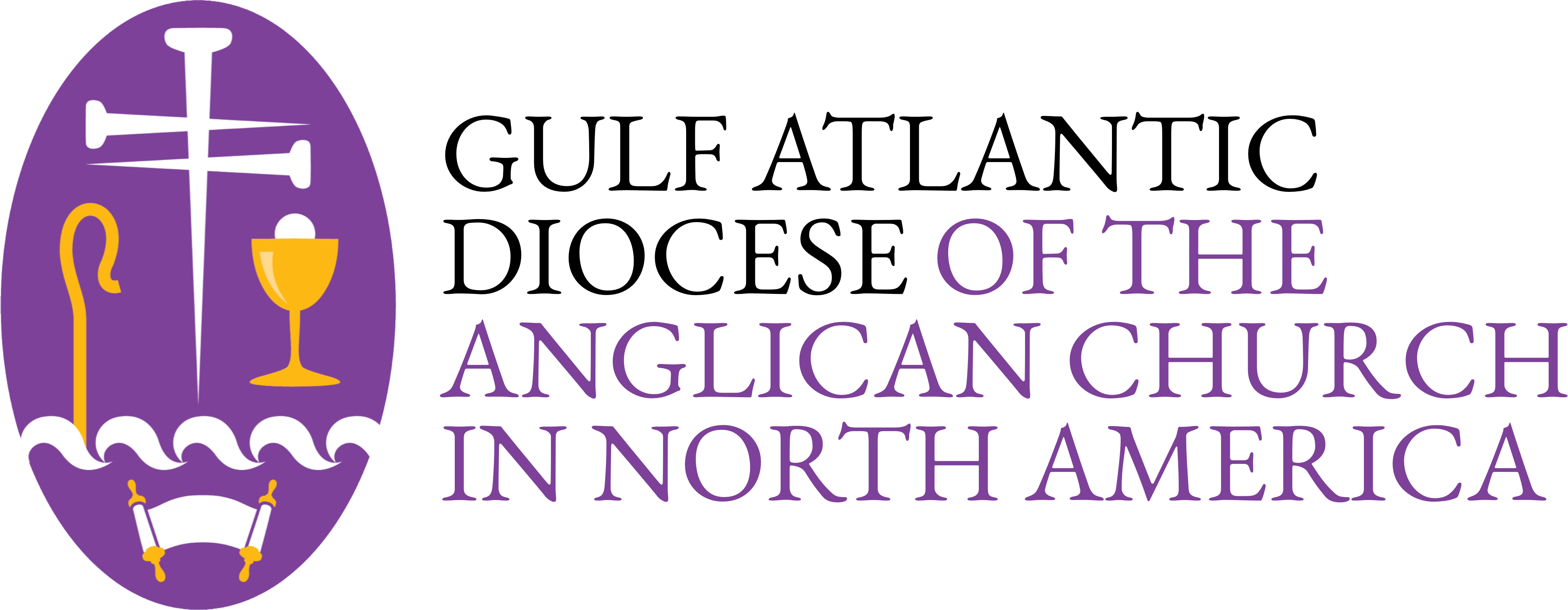
Newsletter Contents
To Whom Will You Reach Out?
Oh That Beloved Eunuch! Evangelistic Mission in Action
Reaching Unreached Areas in Our Diocese
We Are All Called: Jesus’ Final Commandment
A Call to Campus Ministry: Reaching the Next Generation
Once a Servant, Always a Servant: Reflecting on my Ordination to the Priesthood
New Sanctuary Consecrated for Church of Our Savior
Other Announcements & Upcoming Events
More from Archdeacon Jessica Jones
We Are All Called: Jesus’ Final Commandment
Shepherding Stewards, Stewarding Shepherds
Threshold Ministry: On the Gift of the Diaconate
Welcome Dcn. Lenny Konschewitz to the Staff
An Invitation to New Relationships
The Diocese’s five-year strategic plan launched by Bishop Alex at Synod 2023 included a call for 50 Flourishing Churches in 5 years. One of the six markers Bishop Alex has identified for flourishing churches is Evangelistic Mission: a flourishing church values evangelistic mission and approaches all it does with an outward focus. For it to become true of our churches, it must become true in the lives of the individual believers in them. We are all called to have an outward focus as well.
That call comes from Jesus himself in his final commandment to us, the Great Commission found in Matthew 28:16-20.
16 Then the eleven disciples went to Galilee, to the mountain where Jesus had told them to go. 17 When they saw him, they worshiped him; but some doubted. 18 Then Jesus came to them and said, “All authority in heaven and on earth has been given to me. 19 Therefore go and make disciples of all nations, baptizing them in the name of the Father and of the Son and of the Holy Spirit, 20 and teaching them to obey everything I have commanded you. And surely I am with you always, to the very end of the age.”
Note Jesus’ commission in verse 19 begins with go. He refocuses us all on the question of where, and the answer is not “stay put and just ‘do life’ with those already in your Christian community.” He calls us to go out, to share what we know, and to bring others in. Then, once they are baptized into our family of faith, we are called to disciple them, to raise them up, to teach them all that we know.
“Teach all that we know.”
All that we know? That goes well beyond a twenty-minute sermon on Sunday. Teaching all that we know involves mentorship; it involves long-term investment in others. It involves an alignment in accountability and love while journeying together.
This type of mentorship doesn’t begin here in the book of Matthew. It wasn’t a new concept for those hearing these words the first time. In fact, the call to mentor others can be found throughout Scripture. We see it with Moses when he, recognizing the enormity of leading the Israelites, appointed capable leaders to share the burden (Exodus 18). Surely that involved ongoing mentorship and discipleship.
We see it with Paul and Timothy, and even with Timothy’s mother and grandmother (2 Timothy). These are clear depictions of others who poured their time, their knowledge, their faith, into discipling others. You see, raising up leaders is not just the work of the Bishop, the Diocesan staff and leadership, or the clergy in our local churches. All of us are called to be disciples, and to be disciples of all Jesus taught is to be disciple-makers ourselves. The Church that belongs to Jesus does not have any choice regarding whether or not to invest in discipling others; doing so is an act of faithful obedience to the Great Commission and to loving our neighbor.
Reflection & Discussion Questions
How are you being discipled intentionally beyond Sunday mornings? If you aren’t, or if it’s primarily happening through national figures who do not know you personally (e.g. authors, podcasters, social media influencers), consider who in your circle is perhaps a little farther on in their faith journey than you are, and pray about asking them if they might be willing to meet with you on a regular basis for six months. (Some discipling relationships will last a lifetime, but many are only for specific seasons.)
Who are you discipling? Who might you be willing to pour into? Perhaps someone newer to the Faith, a new member in your community, or even a teenager? Meeting with them is as simple as talking, studying, and praying together. Spend time in fellowship, then read and reflect on Scripture together, and then pray together. Teach this newer disciple to themselves be a disciple-maker! Think about the next person the two of you might meet with together.
Imagine how your faith would have been impacted if you’d had this type of discipleship when you were a new believer, and then give that gift to someone else. You need not be an expert; you need only a living faith and (imperfect) relationships with your Savior.
We are all called to partner in God’s Mission. We can’t plant churches without leaders, and we can’t find new leaders without discipling new believers. How might God be asking you to partner in 2025 to raise up leaders on mission for growing his Kingdom? How might we help?
The Ven. Dr. Jessica H. Jones is the Gulf Atlantic Diocese’s Archdeacon and Canon for Leadership.
Header/Featured Photo Credit
Gary Dawson, under a Creative Commons 2.0 Attribution-NonCommercial license.
